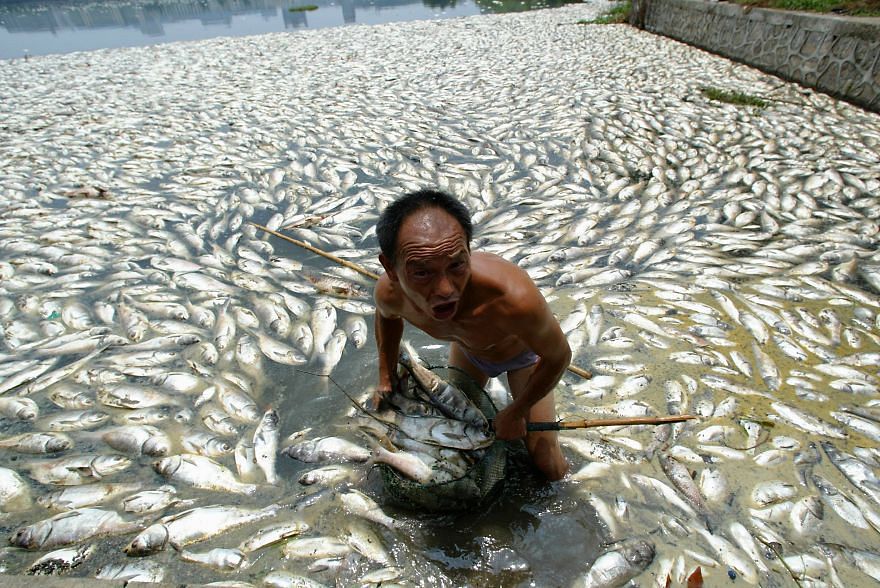Are you tired of seeing plastic everywhere?
The Hanoi People’s Committee has developed a new program to combat the overuse of plastic bags across the city, Dan Tri reports. By 2020, the committee plans to drastically reduce the amount of plastic bags in Hanoi and increase eco-friendly practices in industrial complexes by 60-70%.
This will require widespread change across the city, since nearly all of Hanoi’s supermarkets and small vendors rely on plastic bags for most transactions they make. Do Thi Mai, a fruit shop owner in Hoang Mai District, told Dan Tri that she uses nearly one kilogram of plastic every day.
“I know using plastic bags will pollute the environment but I still have to use them every day because customers need them. We will stop when there is a ban,” she told the news outlet.
In order to enact this change, the city will increase the current tax on plastic bags. On January 1, the tax will rise from VND40,000 to VND50,000 per kilogram of plastic. Right now, legal loopholes often render the plastic bag tax completely ineffective so authorities will be revising the regulations in an attempt to fix the root of the problem.
Cities around the world are following a similar trend. Last week, Jakarta announced it will eventually ban single-use plastic bags and is considering introducing an excise tax in order to reduce the frequency of their use.
Vietnam is one of the top five countries that contributes to plastic waste pollution in the world, ranked just below China, Indonesia and the Philippines. Hanoi and Saigon alone produce about 80 tons of plastic waste a day, according to VietnamNet. In Hanoi, the consequences of plastic waste can be felt nearly everywhere. Meanwhile, the city relies, informally, on one small town whose de-facto responsibility has become dealing with plastic waste.
Plastic waste from these five countries often ends up in the world's oceans, impacting both people and aquatic life: 90% of sea salt, for example, has micro-plastic in it, while, just last month, a dead whale washed ashore in Indonesia with 25 plastic bags and two flip-flops in its stomach.















